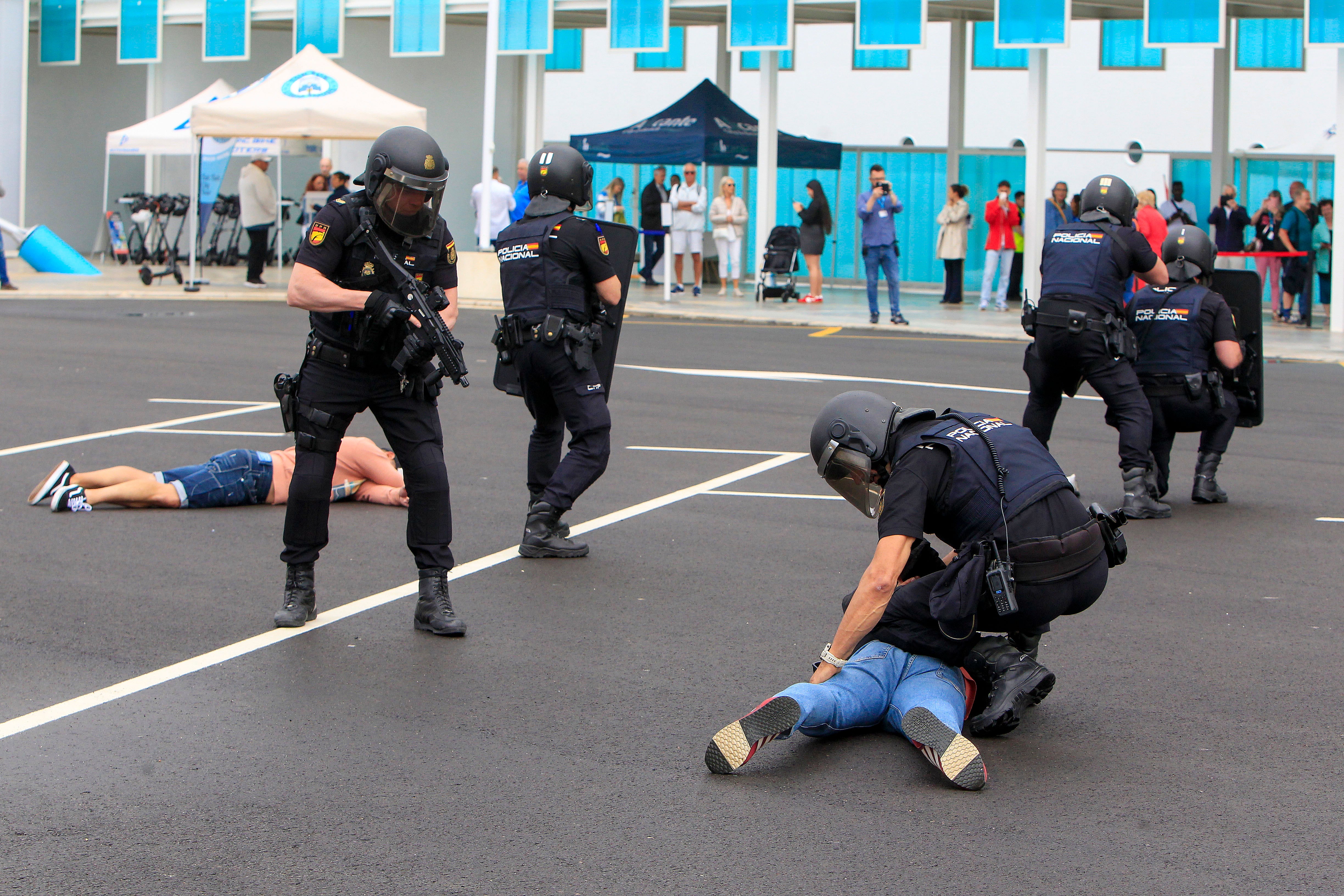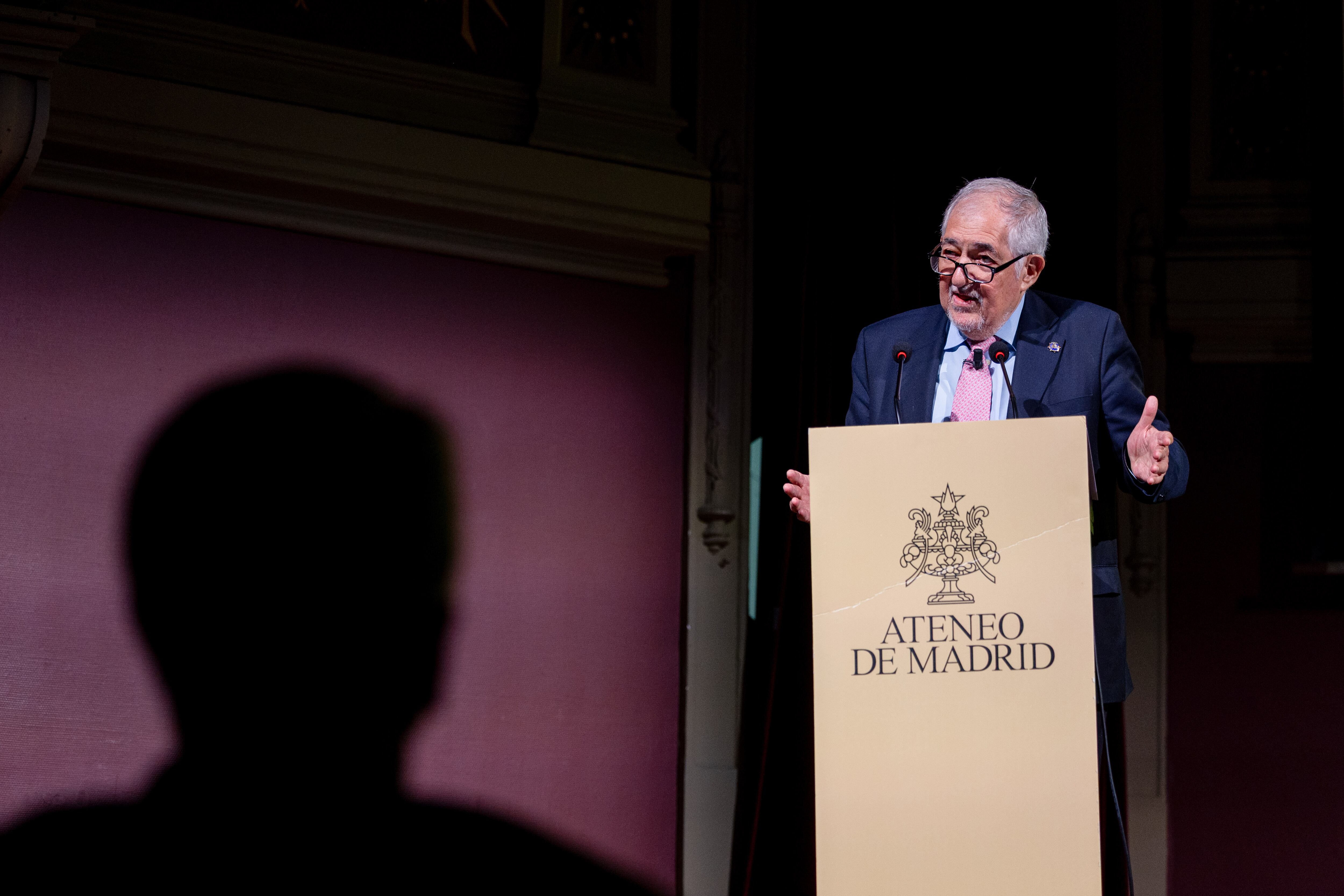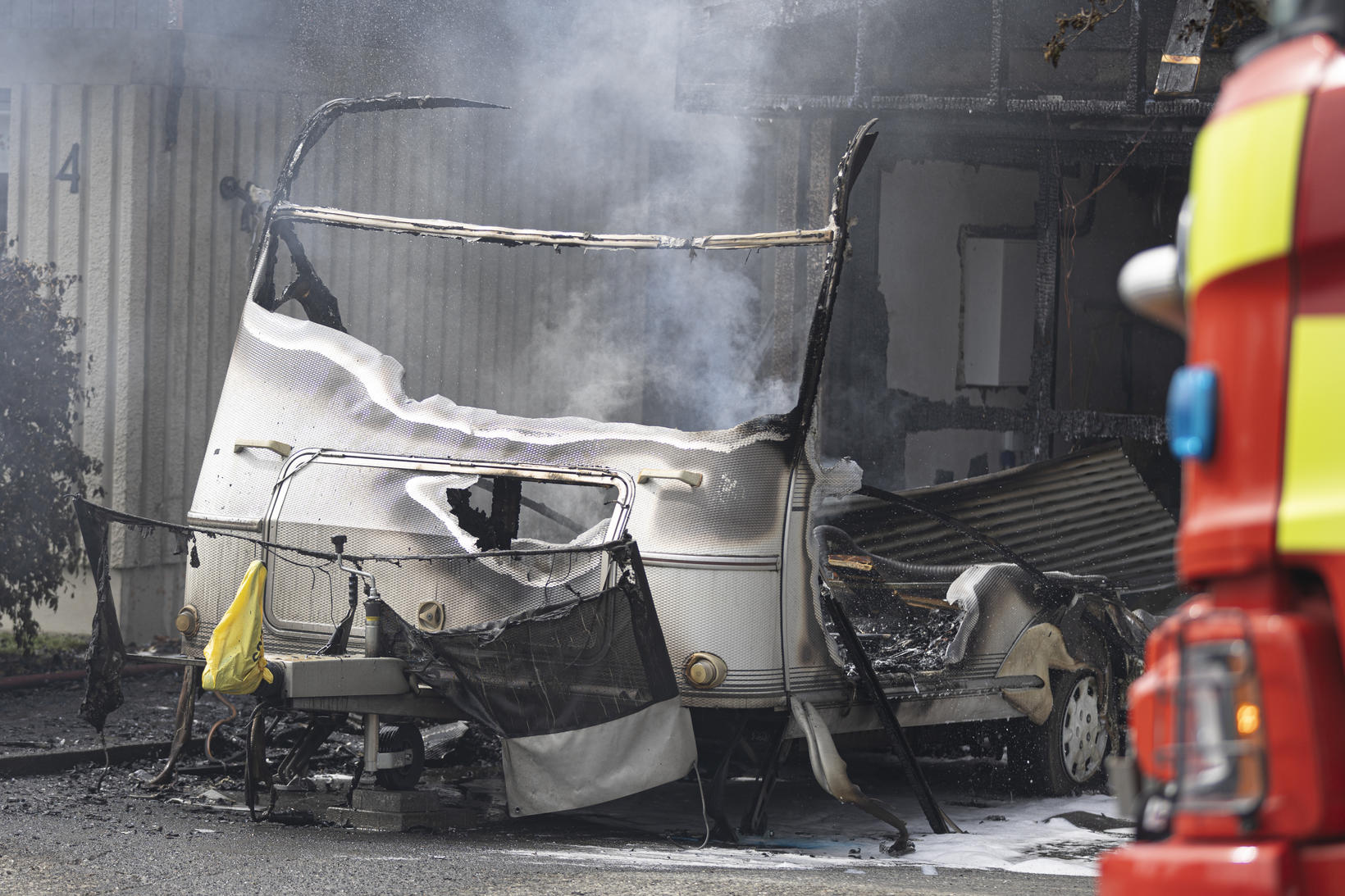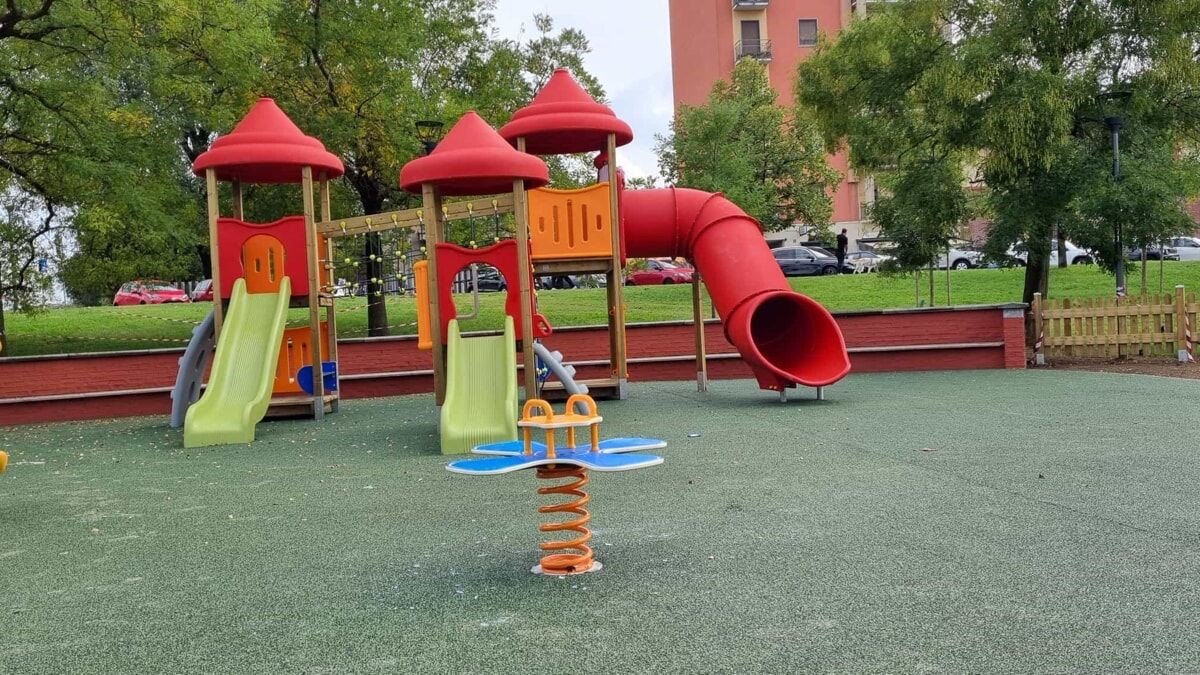The Constitutional addresses the amnesty in a climate of pulse between conservatives and progressive | Spain
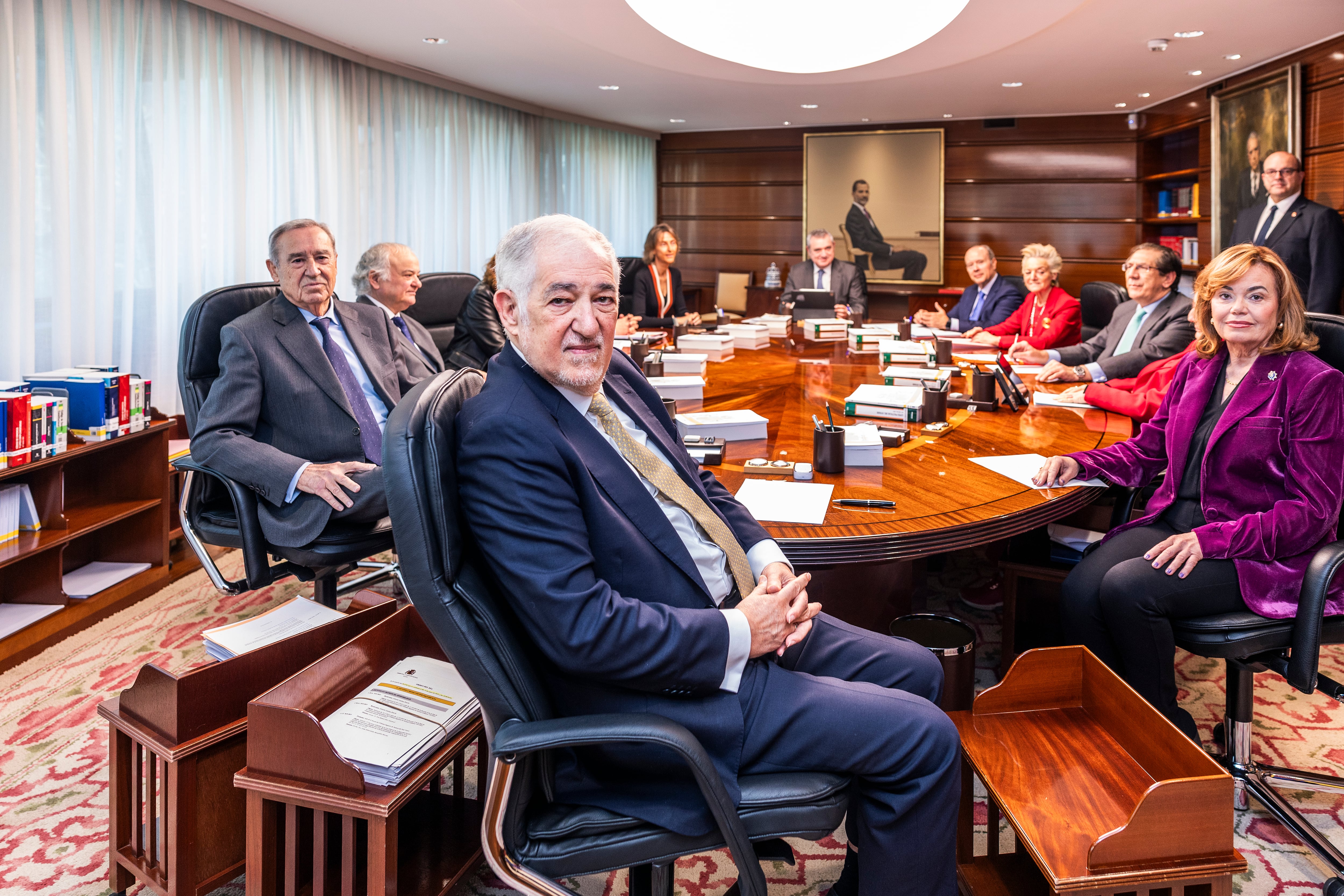
When a year of the entry into force of the Amnesty Law has just been completed –Approved by Congress on May 30, 2024– The Constitutional Court (TC) will initiate its exam with a first “for study” of the sentence project. It will be next June 10 When the Vice President of the Court and speaker of the case, Immaculate Montalbán, will expose her resolution proposal. The expected thing is not to enter the deliberation of the text, which will begin to be discussed in the following plenary, set for the 24th of the same month. This is intended that the magistrates have been able to count on about three weeks to analyze the fault project.
This calendar has been established after the decision of the president of the TC, Cándido Conde-Pumpid The processing of resources against the law was suspended until European justice is pronounced. This proposal had from the beginning with the opposition of the progressive majority of the court.
The debate begins in a climate of pulse between both sectors, conservative and progressive. In the latter there is the conviction that the PP has now joined the request of the conservative magistrates to wait for European resolution in a last attempt to delay the process. TC sources argue that the initiative has no chance to prosper and consider “very irregular” that the popular do not propose that the processing of their appeal had to be suspended and consult the European justice before when they presented their challenge. A reverse is not expected on this issue. The decision that the resource of the PP is resolved this June, or the most of the next July, is firm.
The resolution draft is already drafted, and although the law essentially endorses, in the Court media it is estimated that in its final version it will contain at least one or some “compliant interpretations”, formula that means that there are aspects that will be considered constitutional provided that they are interpreted according to concrete guidelines that the Court will give.
More uncertain is the possible return to Spain by Carles Puigdemont. Although the TC endorses the law, the lifting of the precautionary measures imposed on the Expresident It will remain in the hands of the Supreme. This Court will be the one that decides if the current arrest orders in Spain leave without effect, as well as if it raises a consultation to Europe on the application of the judgment of the guarantees. The failure of the TC will only analyze the constitutionality of the law. To decide on the situation of Puigdemont it would be necessary to resolve his appeal for amparo against the supreme negative of applying the amnesty to the crime of embezzlement. That resource has not yet been presented, because the previous route is not yet exhausted before the Supreme Court, which has not printed speed to its procedures.
The two sectors of the TC have been preparing the plenary sections. The Guarantees Organ has since January 2023 with a progressive majority, successor of an previous predominance. In both cases by seven votes to five, but of opposite sign. In the case of amnesty, the court will be constituted by 10 magistrates, instead of the 12 that make up the plenary. The magistrate and former socialist minister Juan Carlos Campo He turned away from deliberation After having ruled that an amnesty would be unconstitutional when the leaders of the procés prompted from the government. The PP, reports EFE, has announced that today it will present a letter to request that Conde-Pumps also retire, claiming that his wife, Clara Martínez de Careaga, as a member of the General Council of the Judiciary (CGPJ), participated in the elaboration of a report on Amnesty’s law. Sources of the Court reduced importance to the application, stressed that Conde-Pumpido was already subject to other misunderstanding attempts and considered it very likely that it will also be rejected.
Who has been excluded is the conservative and also exvocal magistrate of the CGPJ José Mario Macíaschallenged by the Prosecutor’s Office and the State Advocacy. The challenge was accepted, with the vote against the conservative sector, by the sharp pronouncements of Macías against the legality of forgiveness to the leaders of the procés, carried out when he was a member of the Government Body of the Judges. Macías came to say that amnesty would have « irremediable consequences. » His exclusion has been the main object of tensions within the court, although not all the members of the conservative group have backed him with identical intensity.
Macías had corresponded to elaborate the project of sentence on the appeal of the PP, under the issue of distribution of the affairs. Macías had time to prepare the resolution favorable to admission to the process of challenge, something that in any case was not under discussion. His challenge had to be determined before the presentation began to be written on the bottom of the matter, a task that passed to Immaculate Montalbán last February. The conservative sector then launched a strategy of rejection of the exclusion of Macías, which weakened the group, leaving it in four members instead of five. This moved away the hypothesis that there could be a draw in the vote on the law if one of the members of the progressive group put objections to basic points of the norm. In that case, the endorsement to the amnesty would have depended on the quality vote of the president of the court, who has already denounced in more than one occasion the existence of interests and pressures of political, economic and media groups to twist the majority will of the guarantee body.
The debate reaches the swords high between both sectors. It has been re -verified with the request of the conservatives Enrique Arnaldo, Concepción Espejel and César Tolosa that the TC is proposed to question the law before the Court of Justice of the European Union (TJUE), as the National Court, the Superior Court of Justice of Catalonia (TSJC), the Court of Accounts and a Court of Accounts and a Court of Vilanova I have done. A request that, on the other hand, did not sign magistrate Ricardo Enriquez, also of the conservative block, while the other three members of that sector proposed to paralyze the study of the sentence. Both pretensions were rejected flat by Conde-Pumpido.
The battle will be reopened from June 10, since the conservative block will insist on its thesis that European justice should be consulted before, considering probable, if not sure, the unconstitutionality of the law. In court, it is assumed that the double proposal of the conservative block will also not come forward this time when it is defended in the plenary. But that first shock will allow temperature to take the situation with which the deliberations about the forgiveness of the leaders of the process begin.

